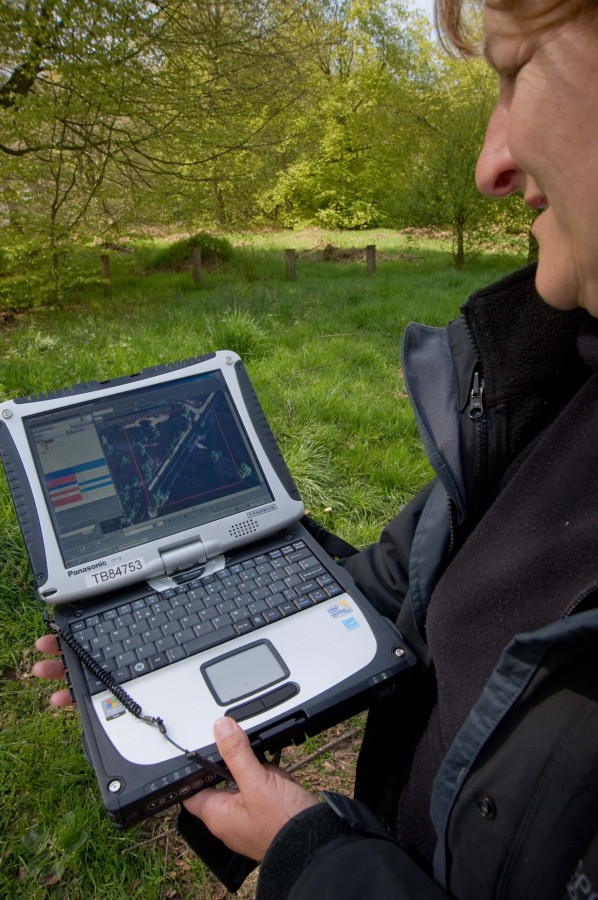We use some essential cookies to make this website work.
We’d like to set additional cookies to understand how you use forestresearch.gov.uk, remember your settings and improve our services.
We also use cookies set by other sites to help us deliver content from their services.

The National Forest Inventory (NFI) monitors woodland trees in Britain, yet many trees do not grow in woodland, but are found singly, in hedgerows and in parks and gardens, or as small wood features in both agricultural and urban landscapes. These trees outside woodlands are important natural resources and make...
Woodland offers a wide range of benefits including environmental benefits
A suggested way for British woodlands to combat the problems they are facing due to climate change and exotic pests and diseases is to grow a range of novel exotic tree species. Here we examine the arguments for doing this in the context of British forestry where the objectives are...
Forest Research is collaborating with several organisations in order to harness this novel DNA approach for a range of applications in which monitoring of forest biodiversity is required.
How the provision of greenspace can increase invertebrate biodiversity in the urban environment
Planted forests of non-native conifers make up around 36% of Britain’s total wooded area. Increasing the area of native woodlands – including converting non-native conifer to native woodland where appropriate – is an aim of the UK Forestry Standard Guidelines on Biodiversity. It is unclear how much conversion is being...
Our Quality and Environmental Standards, Certification and Accreditations Forest Research (FR) is an executive agency of the Forestry Commission, a leader in applied forest science, nationally and internationally. Our research supports the timber economy, climate change mitigation, biodiversity and understanding of people’s relationships to woods and forests. We are in...
Urban forests can both help reduce climate change and help urban society cope with its impacts.
To protect biodiversity in the face of environmental change, there is a need to designate and manage areas of habitat for rare and threatened species. However, to identify the right areas usually requires detailed data on species distributions. Reliable data for rare and protected species are sparse as many species...
These essential cookies do things like remember your progress through a form. They always need to be on.
We use Google Analytics to measure how you use the website so we can improve it based on user needs. Google Analytics sets cookies that store anonymised information about: how you got to the site the pages you visit on forestresearch.gov.uk and how long you spend on each page what you click on while you're visiting the site
Some forestresearch.gov.uk pages may contain content from other sites, like YouTube or Flickr, which may set their own cookies. These sites are sometimes called ‘third party’ services. This tells us how many people are seeing the content and whether it’s useful.